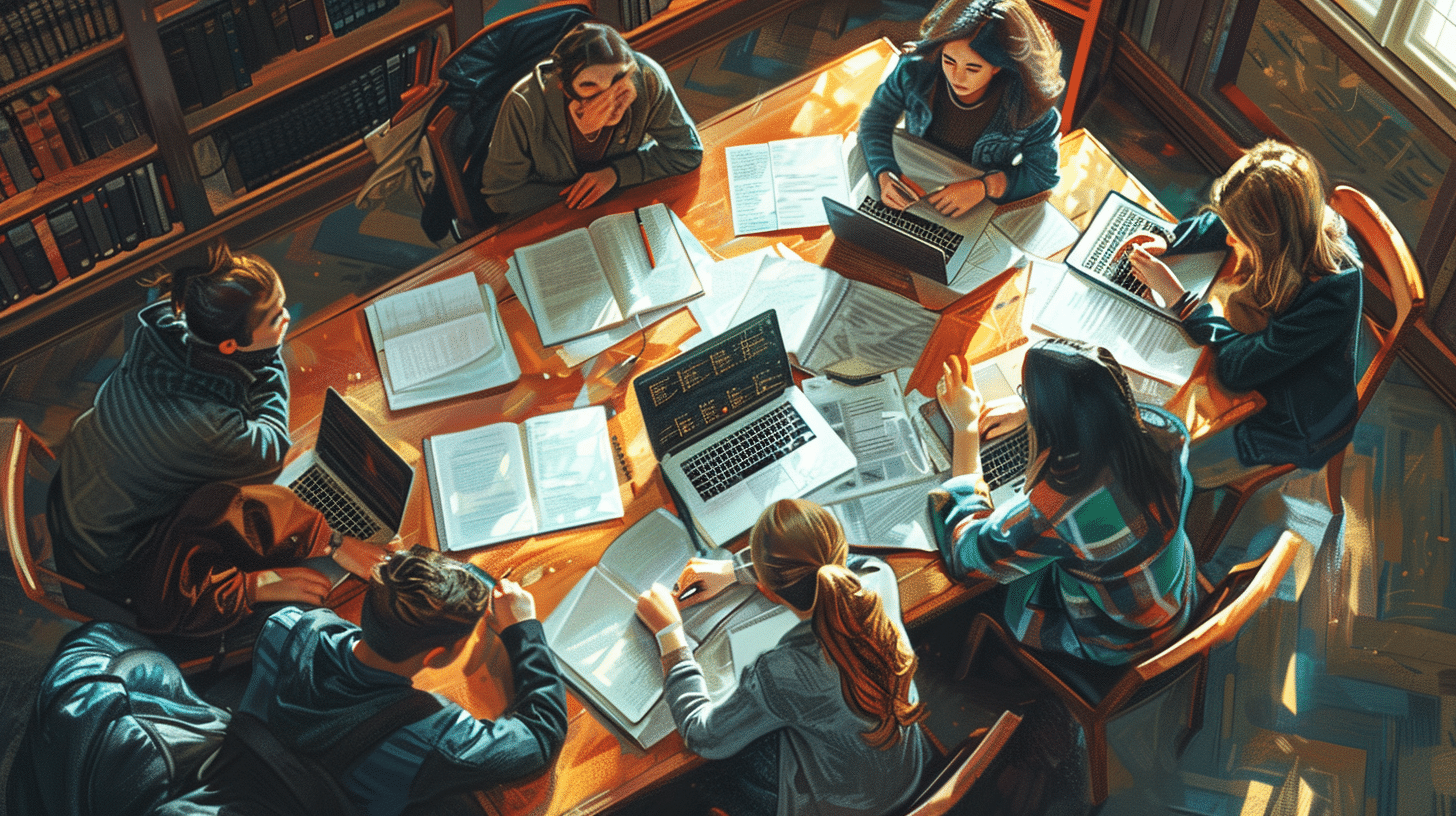Pick a language and start learning!
Coordinating conjunctions Exercises in Polish language

Coordinating conjunctions play a crucial role in both English and Polish, as they help to connect words, phrases, and clauses, creating coherent and fluid sentences. In the Polish language, mastering these conjunctions is essential for effective communication, as they enable you to express complex ideas and relationships between different parts of a sentence. Common coordinating conjunctions in Polish include "i" (and), "ale" (but), "lub" (or), and "więc" (so). Understanding how to use these conjunctions correctly can significantly enhance your language skills, making your spoken and written Polish more natural and engaging.
In this section, we will delve into the intricacies of Polish coordinating conjunctions through a series of practical grammar exercises. These exercises are designed to help you familiarize yourself with the various conjunctions, their meanings, and their appropriate contexts within sentences. By practicing with these exercises, you will gain a deeper understanding of how to effectively link different elements in Polish, thereby improving your overall fluency and confidence in the language. Whether you are a beginner or looking to refine your skills, these exercises will provide valuable practice in mastering the art of coordination in Polish.
Exercise 1
<p>1. Lubię kawę *i* herbatę (conjunction meaning "and").</p>
<p>2. Jestem zmęczony, *ale* muszę pracować (conjunction meaning "but").</p>
<p>3. Czy chcesz iść do kina *czy* na spacer? (conjunction meaning "or").</p>
<p>4. On jest inteligentny, *ale* leniwy (conjunction meaning "but").</p>
<p>5. Moja siostra śpiewa *i* tańczy (conjunction meaning "and").</p>
<p>6. Możemy iść na basen *albo* do parku (conjunction meaning "or").</p>
<p>7. On jest szczęśliwy, *bo* wygrał loterię (conjunction meaning "because").</p>
<p>8. Nie wiem, czy kupić książkę, *czy* film (conjunction meaning "or").</p>
<p>9. Lubię jabłka *i* gruszki (conjunction meaning "and").</p>
<p>10. Jestem zmęczony, *więc* idę spać (conjunction meaning "so").</p>
Exercise 2
<p>1. Ania *i* Kasia poszły na zakupy (conjunction used to connect items in a list).</p>
<p>2. Marek jeździ do pracy samochodem, *ale* czasem woli rower (conjunction used to show contrast).</p>
<p>3. Ona jest zmęczona, *więc* idzie spać wcześniej (conjunction used to show cause and effect).</p>
<p>4. Chcę zjeść pizzę, *lub* makaron (conjunction used to indicate an alternative).</p>
<p>5. Tomek nie wiedział, *czy* ma iść do kina, czy zostać w domu (conjunction used to introduce a choice).</p>
<p>6. Pracuję w biurze, *a* mój brat w szpitalu (conjunction used to add contrasting information).</p>
<p>7. Piotr jest wysoki, *a* jego siostra niska (conjunction used to show contrast).</p>
<p>8. Muszę kupić mleko *i* chleb (conjunction used to connect items in a list).</p>
<p>9. Marta chce iść na plażę, *ale* pada deszcz (conjunction used to show contrast).</p>
<p>10. On jest chory, *więc* nie idzie do szkoły (conjunction used to show cause and effect).</p>
Exercise 3
<p>1. Chcę kupić książkę, *ale* nie mam wystarczająco pieniędzy (conjunction indicating contrast).</p>
<p>2. Lubię kawę, *i* herbatę (conjunction indicating addition).</p>
<p>3. Możemy iść do kina, *albo* na spacer (conjunction indicating choice).</p>
<p>4. Jest młody, *a* już bardzo mądry (conjunction indicating contrast).</p>
<p>5. Pracuję ciężko, *więc* mam dobre wyniki (conjunction indicating result).</p>
<p>6. Nie tylko on, *lecz* także ona przyjdzie na spotkanie (conjunction indicating addition).</p>
<p>7. To nie jest prawda, *tylko* plotka (conjunction indicating contrast).</p>
<p>8. Chcę jechać na wakacje, *ale* nie mam urlopu (conjunction indicating contrast).</p>
<p>9. Nie miał czasu, *ani* ochoty na rozmowę (conjunction indicating negative addition).</p>
<p>10. Nie wiem, czy zjeść pizzę, *czy* kebab (conjunction indicating choice).</p>







